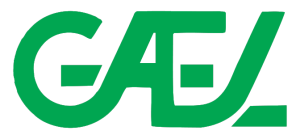A website for your dictionary is definitely an online source that enables kids to double-check spellings and find the meanings of words they do not know. On the net dictionaries also present synonyms, idioms, and phrase games to help these groups expand their vocabulary and learn new keyword phrases. Kids may use a dictionary to build their research skills or create a topic for the paper.
A dictionary web page should be user friendly and offer a good amount of options to look for words. It should include a set of definitions, word and phrase replacements, antonyms, expression origins, audio pronunciations, and also other useful data. A good dictionary should also show a list of words that are similar and help kids know the way words are used in context.
A lot of dictionaries let children to register and make their own profile and save words and phrases for later guide. Other features include a thesaurus, a rhyming dictionary, terminology games, and www.danieljweb.net/reference-materials-related-to-the-definition-of-dictionaries/ topic forums. They will also get a great app because of their mobile devices to build searching for ideas easier and faster.
Possibly the best dictionary sites is Macmillan Dictionaries. It uses lexicographers from the UK and ALL OF US to produce a book that includes Indian and American spellings and pronunciations. This shows phrases grouped by simply level (A1 – Novice, Elementary levels) and prospect lists their use. It also presents a core terminology feature to help kids master 3, 500 of the most prevalent words in English.
One more great dictionary is Merriam-Webster. They have an amazing feature that allows children to search for thoughts by speaking them! In addition, it has an English-French dictionary, an English-German book, and a great English-Spanish dictionary. It also has a thesaurus, term games, and a sentence structure guide.

